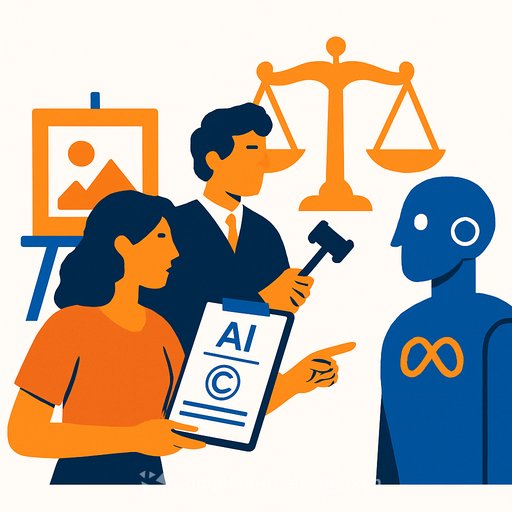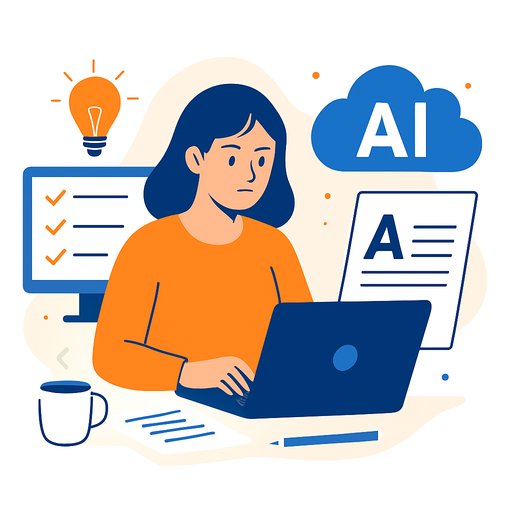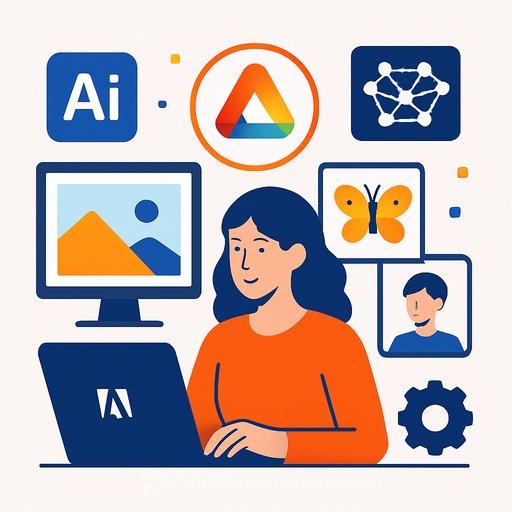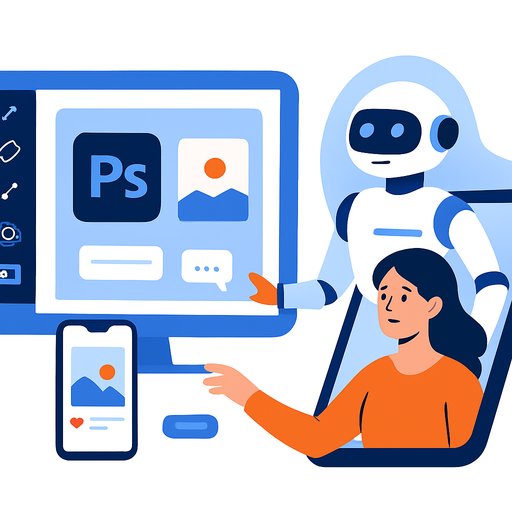Artists Weaponize Controversial AI Report in Copyright Battle Against Meta
In the ongoing Kadrey v. Meta lawsuit, plaintiffs have introduced a recently released U.S. Copyright Office report as a critical piece of evidence. The report scrutinizes the use of copyrighted materials in training generative AI models, questioning the fair use defenses often claimed by tech companies. This move could shift the momentum in favor of artists and authors fighting for their rights.
What the Copyright Office Report Reveals
The U.S. Copyright Office’s "Copyright and Artificial Intelligence Part 3: Generative AI Training" report is the result of a detailed investigation into how copyright law intersects with AI technology. Focusing heavily on the fair use doctrine, it analyzes four key factors courts consider when determining copyright infringement cases.
Meta and other AI developers have argued that training AI on copyrighted works falls under fair use. However, the 113-page report challenges this view by highlighting the potential harm caused by large-scale data collection for AI training. The report’s analysis tends to favor copyright holders, emphasizing the risks AI poses to creative markets.
Notably, the report was published quietly and a day after its release, Shira Perlmutter, then-head of the Copyright Office, was unexpectedly dismissed. While the reasons remain unclear, some speculate that the report's conclusions may have played a role.
Key Points on Fair Use and Market Impact
The most significant section for the Kadrey v. Meta case is the report’s assessment of the fourth fair use factor—how AI training affects existing or future markets for copyrighted works.
- The report warns that using collections of pirated copyrighted works to build AI training datasets could harm the market for those works.
- It raises concerns about market dilution, explaining that AI-generated content might reduce sales of human-created works, such as novels.
- It highlights how authors may lose licensing opportunities if their works are accessed and used without permission.
Meta counters by claiming its AI model, Llama, does not compete with original works and that its output is transformative, rendering fair use applicable. The report, however, leans toward protecting the rights and markets of the original creators.
Why This Matters for Creatives
This case and the accompanying report could set important legal precedents about how AI companies can use copyrighted materials. For artists, authors, and creators, it raises vital questions about control over original works and fair compensation in the age of AI.
As AI-generated content becomes more prevalent, understanding these legal boundaries is crucial. Creatives can stay informed and protect their rights by following developments in cases like Kadrey v. Meta and reviewing resources on copyright implications in AI.
For those interested in how AI intersects with creative work, exploring practical AI courses and training on Complete AI Training can provide valuable insights.
Looking Ahead
The Copyright Office report is currently a pre-publication version and could undergo revisions. Ultimately, the judge’s ruling will determine how much influence it holds in the case. However, its detailed examination of fair use factors puts a spotlight on the challenges AI poses to creative industries.
As AI tools continue to evolve, creatives should stay vigilant about their rights and the shifting landscape of copyright law.
Disclosure: Ziff Davis, Mashable’s parent company, has also filed a lawsuit against OpenAI for alleged copyright infringement related to AI training.
Your membership also unlocks:





